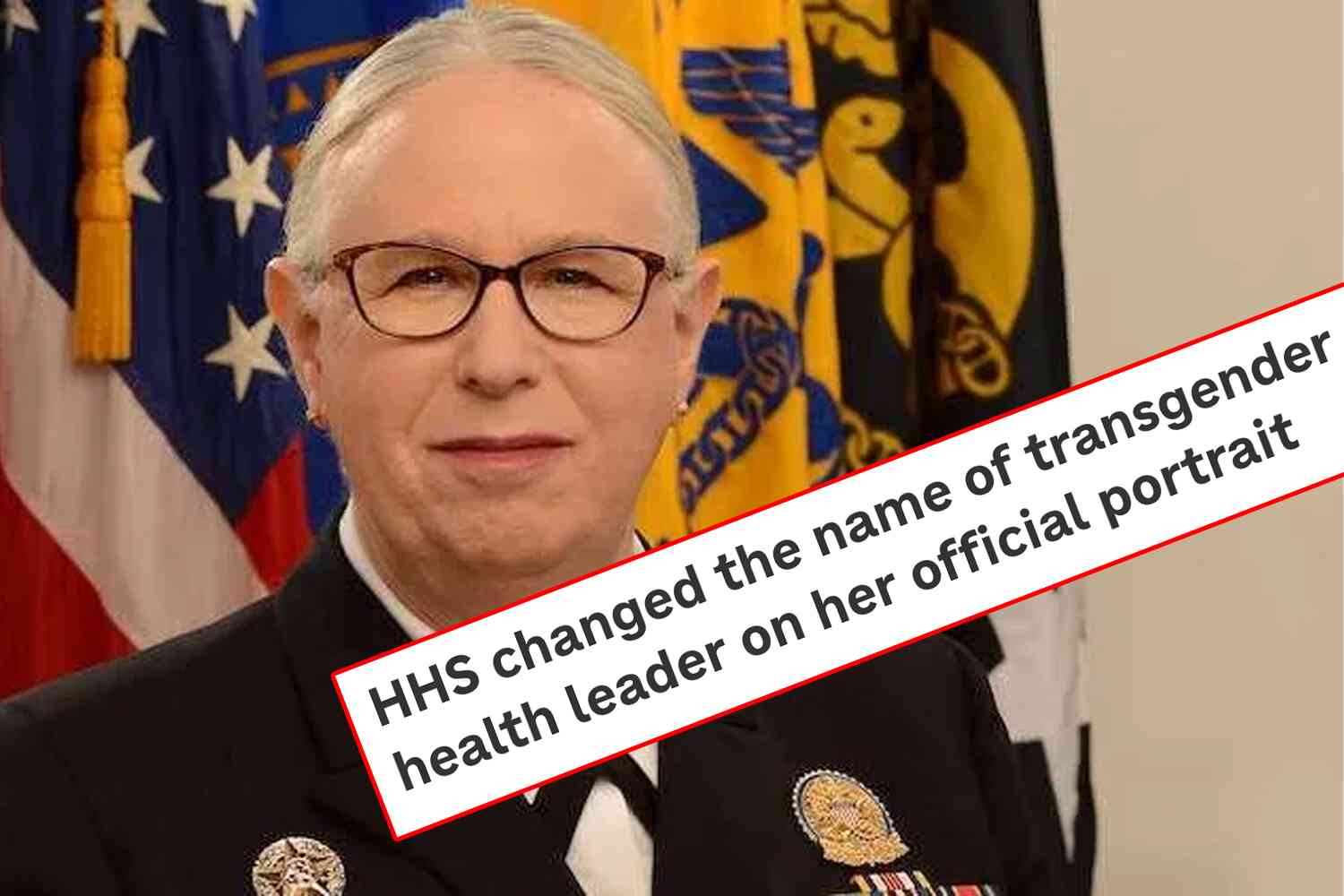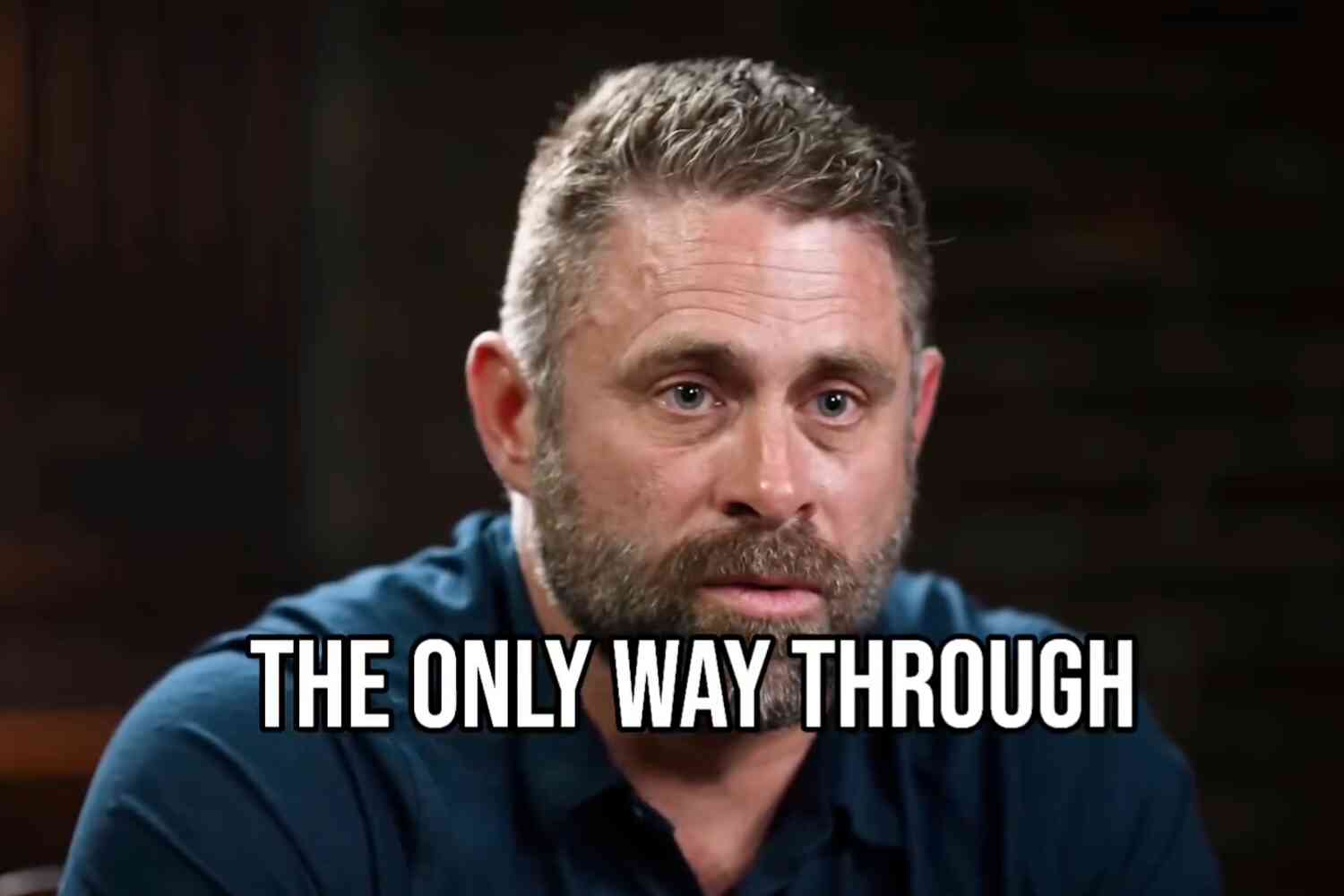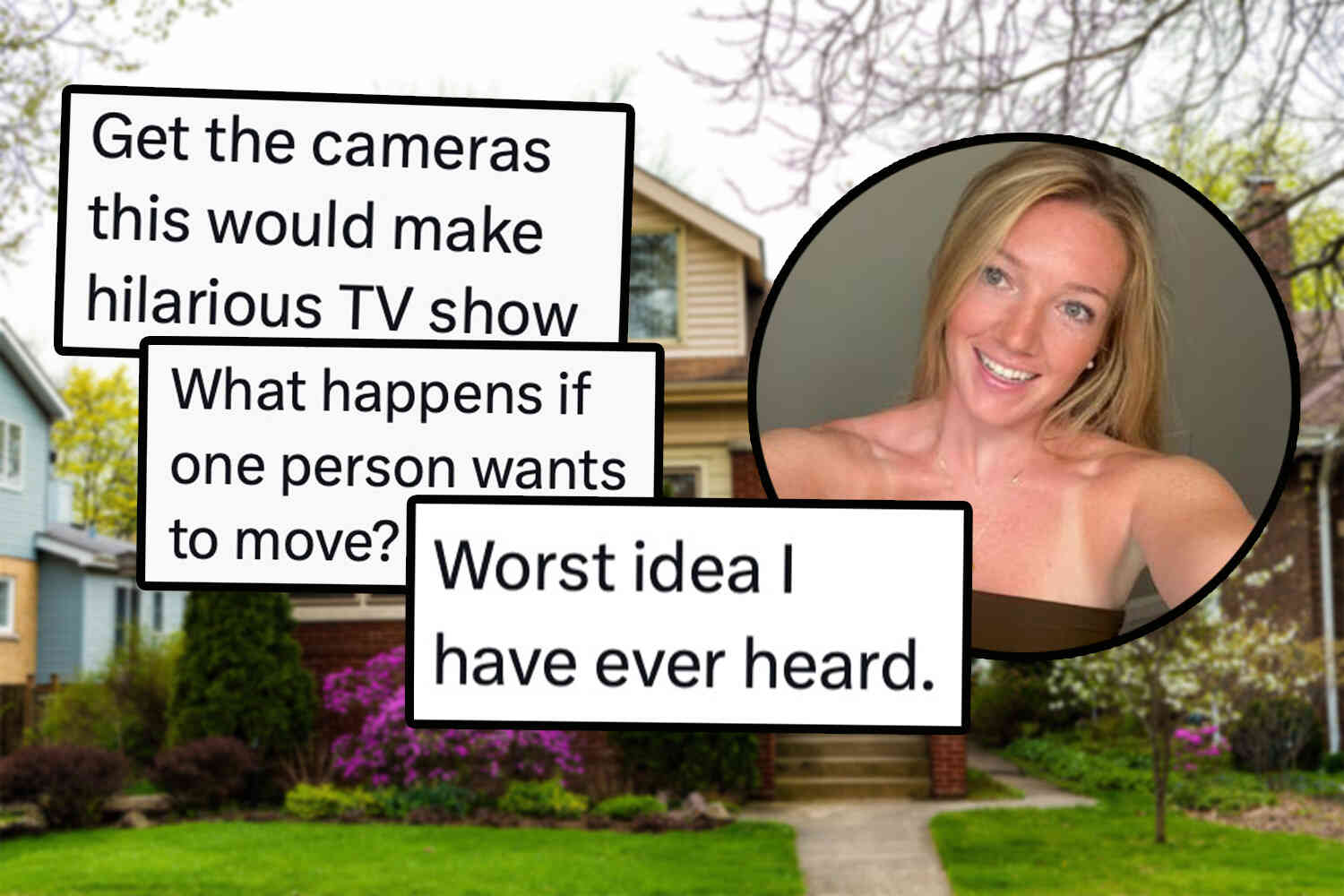Can a robot be a more efficient and helpful doctor than a real live human being?
I'm slightly unsettled to say that you'll probably have the chance to find out in the near future:
Dr. Isaac Kohane, who's both a computer scientist at Harvard and a physician, teamed up with two colleagues to test drive GPT-4, with one main goal: To see how the newest artificial intelligence model from OpenAI performed in a medical setting.
"I'm stunned to say: better than many doctors I've observed," he says in the forthcoming book, "The AI Revolution in Medicine," co-authored by independent journalist Carey Goldberg, and Microsoft vice president of research Peter Lee.
Kohane and his medical buddies subject the latest ChatGPT to a battery of questions from the U.S. medical licensing exam; the robot answered correctly more than 90% of the time.
I guess for an artificial intelligence, the human body is simply another set of factors and potentialities to be analyzed and assessed.

The chatbot was also strikingly good at "translating discharge information for a patient" who didn't speak English, and could also distill "wonky technical jargon" in a way that patients could easily understand it. If you've been to a doctor at any point in your life, you'll know that's a skill relatively few of them possess.

Among its most useful of skills, however:
GPT-4 can also give doctors helpful suggestions about bedside manner, offering tips on how to talk to patients about their conditions in compassionate, clear language[.]









